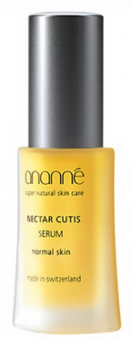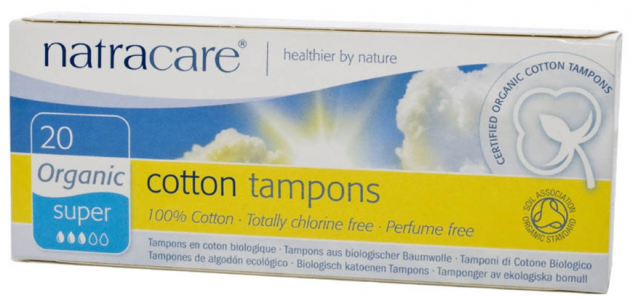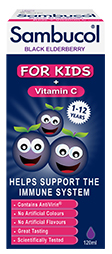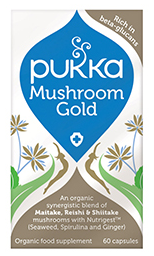Sensitive skins take note
This week a new range of deluxe natural skincare launches at Fenwick Bond Street. No surprise there, but the intriguing thing is that the creator of Ananné (www.ananne.co.uk), which is one of the most impressive ranges I have ever found for sensitive skin, is a Swiss neurologist, Professor Urs Pohlman.  The origins of Ananné go back to 2006 when Professor Pohlman was asked by a group of dermatologists to investigate why so many of their patients were referred with skin problems triggered by cosmetics. He discovered there were two issues: ‘Firstly, the wrong product for a specific skin type can cause irritation because product and skin type don’t match. People then assume they have sensitive skin but it is just reacting to incorrect care.’ Secondly, Prof. Pohlman found that ‘in many cases the irritation is caused by a synthetic additive, not a natural substance’.
The origins of Ananné go back to 2006 when Professor Pohlman was asked by a group of dermatologists to investigate why so many of their patients were referred with skin problems triggered by cosmetics. He discovered there were two issues: ‘Firstly, the wrong product for a specific skin type can cause irritation because product and skin type don’t match. People then assume they have sensitive skin but it is just reacting to incorrect care.’ Secondly, Prof. Pohlman found that ‘in many cases the irritation is caused by a synthetic additive, not a natural substance’.
It was a lightbulb moment for Prof Pohlman, who had earlier researched phyto (plant)-medicine and skin physiology. ‘I realised that natural formulas helped treat problem skin conditions more effectively than cosmetics based on mineral oils and synthetic preservatives. And my idea for Ananné was born.’
Each of the 70-plus scientifically proven ingredients comes from plants or minerals, sourced worldwide. Key actives include deeply nourishing oils of borage seed, rosehip and sea buckthorn, with brown algae and papaya leaf to nurture and rebalance the skin, plus antioxidant vitamins A, E and coenzyme Q10 to refine pores and firm and smooth skin.
Results of initial trials by the Skin Test Institute in Switzerland were outstanding on irritation and inflammation as well as moisture, fine lines and wrinkles. Testers particularly commented on how much they liked the feel of the skincare, an important factor for Prof Pohlman who is also an expert on how our senses affect our wellbeing. The products smell delicious and the recyclable packaging is beautiful. Since Ananné launched five years ago in Switzerland, Germany and Austria, it has garnered a bunch of awards. I was so excited when I tried it that I emailed Mia Fenwick, head of buying at Fenwick of Bond Street, to suggest she consider launching it at the store. Though products are an investment (my favourite Nectar Cutis Serum is £115 for 15ml but it lasts for months), they really deliver, especially for anyone with touchy skin.
 If you choose to eat organic food and use natural cosmetics, you may, like green goddess Jessica Alba, also prefer to use tampons and pads made of organic cotton, which is grown without pesticides and not bleached with chlorine (plus the pads don’t contain petrochemical-based superabsorbents). Alba’s Honest Company products are not yet available in the UK but Natracare (www.natracare.com) offers a range of certified organic products, from £2.79, as does Australian brand Organyc, from £2.59, www.organyc.uk.
If you choose to eat organic food and use natural cosmetics, you may, like green goddess Jessica Alba, also prefer to use tampons and pads made of organic cotton, which is grown without pesticides and not bleached with chlorine (plus the pads don’t contain petrochemical-based superabsorbents). Alba’s Honest Company products are not yet available in the UK but Natracare (www.natracare.com) offers a range of certified organic products, from £2.79, as does Australian brand Organyc, from £2.59, www.organyc.uk.
F OUR OF THE BEST IMMUNE BOOSTERS
OUR OF THE BEST IMMUNE BOOSTERS
For children aged one to 12: Sambucol for Kids/£8.84 for 120 ml Based on elderberry extract, this was formulated by leading virologist Dr Madeline Mumcuoglu to support children’s immune systems.
For adults: 10 Day Get Well Stay Well/£26.50 for 60 capsules My go-to product every autumn, this comprehensive herbal formulation, which includes echinacea, astragalus and elderberry, helps to prevent colds and flu and alleviate symptoms.
 Mushroom Gold by Pukka Herbs/£21.95 for 60 capsules This ayurvedic brand combines maitake, reishi and shiitake mushrooms – used for centuries to support a healthy immune system – with seaweed, spirulina and ginger. Take with organic aloe vera juice to help nutrient absorption.
Mushroom Gold by Pukka Herbs/£21.95 for 60 capsules This ayurvedic brand combines maitake, reishi and shiitake mushrooms – used for centuries to support a healthy immune system – with seaweed, spirulina and ginger. Take with organic aloe vera juice to help nutrient absorption.
All-round support: Together Health Multivitamin and Mineral/£7.89 for 30 capsules (one a day) This supplement, derived from natural foods, is free from live yeast, wheat, gluten, lactose, added sugars, synthetics, preservatives and GM ingredients.
All products are available from Victoria Health/www.victoriahealth.com/0800-3898 195
WEBSITE OF THE WEEK: www.nopulling.org
Compulsive hair-pulling – medically called trichotillomania – affects three in 100 people worldwide, mostly girls who attack their scalps and sometimes eyelashes and brows. Usually, sufferers start pulling as a self-calming mechanism for anxiety but then, says hair-loss expert Lucinda Ellery, it often becomes a subconscious act. This is International No Pulling Week, which Lucinda started to encourage sufferers to seek help.